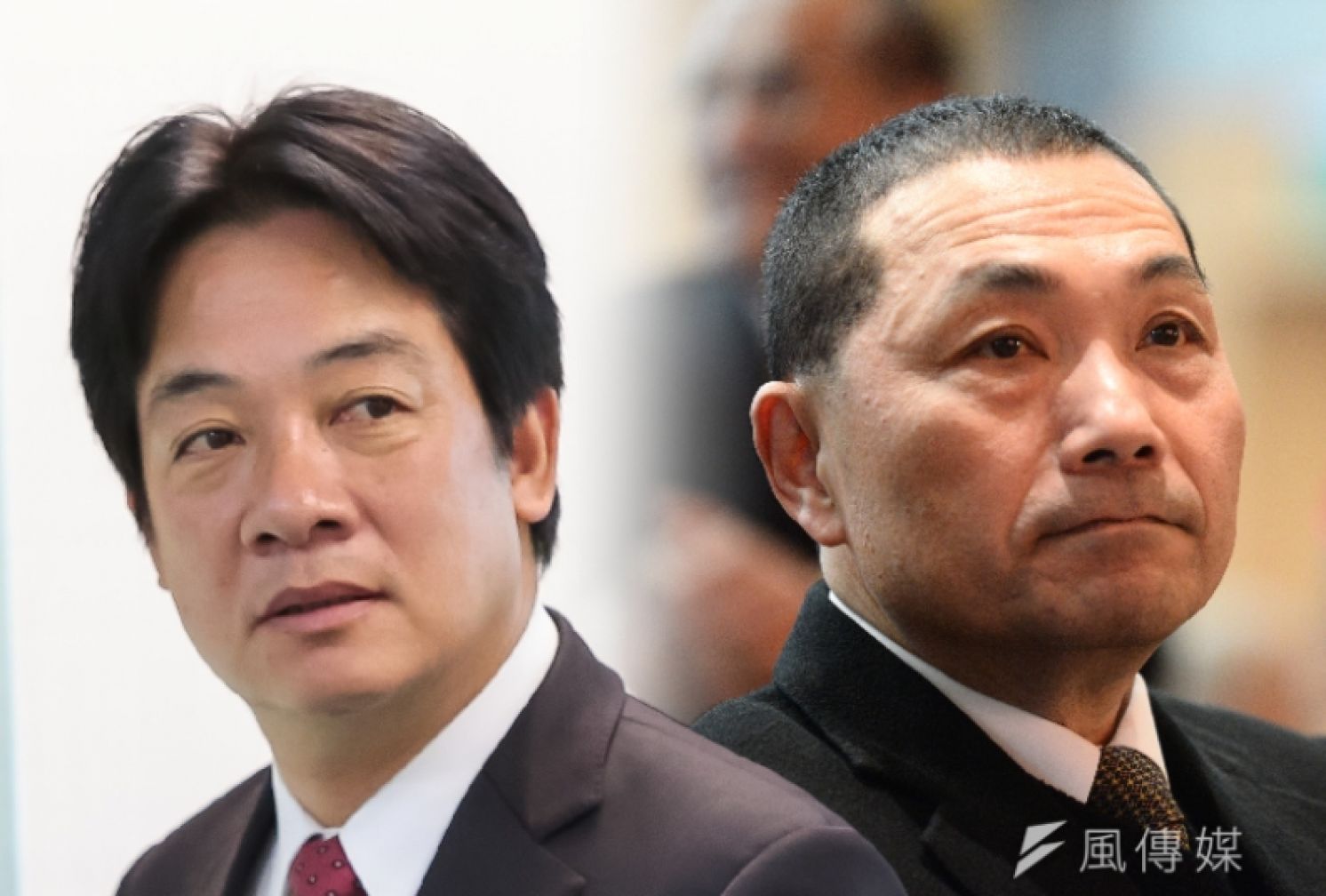
This Week in Taiwan 0528-0603
May 29: Semiconductor company MediaTek and NVIDIA officially announced their cooperation. The two companies will join hands to enter the automotive market. Focusing on smart cars, the integration of NVIDIA GPU technology in automotive system-on-chips (SoCs) will aim to create a new-generation all-round smart cabin with both artificial intelligence capabilities and safety features.
May 29: In an exclusive interview, Secretary-General Wellington Koo of the National Security Council indicated that the United States is adopting an ambiguous strategy of "not explicating but not ruling out intervention" and uses "advance deployment" to show hard power deterrence around the Taiwan Strait. In addition to making China aware of the cost of war, the United States also does not want to let China have the excuse to accuse Washington of altering the status quo. In terms of U.S.-Taiwan military affairs, the United States had indeed spent considerable effort to strengthen Taiwan's self-defense resilience.
When asked about U.S. Representative Seth Moulton's idea about blowing up the Taiwan Semiconductor Manufacturing Company (TSMC) in the event of China's invasion of Taiwan, Koo stated that he couldn't understand what the comments meant. This topic had never appeared in previous wargame simulations.
May 30: Democratic Progressive Party (DPP) presidential candidate William Lai stated that responsible agencies are planning the option of restarting mothballed nuclear energy units for emergency use in the future. It is the first time that the administration of President Tsai Ing-wen officially acknowledged the possibility of restarting mothballed nuclear power units. The Executive Yuan clarified that the decommissioning schedule of each nuclear power plant is carried out according to the original plan, and there is no consideration for extending service. Kuomintang (KMT) presidential candidate Hou Yu-ih stated that nuclear power is an option and will lay out a complete energy policy in July.
May 30: DPP presidential candidate William Lai, Taiwan People's Party (TPP) presidential candidate Ko Wen-je, and Hon Hai Precision Industry Company (Foxconn) founder Terry Gou went to Kinmen to participate in the City God parade, but KMT presidential candidate Hou Yu-ih was absent.
Ko also had a heart-to-heart talk with Gou at the seaside in the evening, and Gou said that he and Ko shared a "solemn pledge." The contents of their conversation attracted much attention. Ko stated that they talked about seeking support but did not touch upon cooperating for 2024 or the issue of selecting a running mate. The conversation centered around Gou's investments.
May 30: The Office of the President announced four nominees to serve as justices of the Constitutional Court, Judicial Yuan, including Secretary-General Chu Fu-mei of the Control Yuan, presiding judge Tsai Tsai-chen of the criminal division of the Supreme Court, Professor Chen Chung-wu of the National Taiwan University College of Law, and attorney You Po-hsiang from the Judicial Reform Foundation. Once confirmed, all 15 justices of the Constitutional Court will be nominated by President Tsai Ing-wen.
June 1: The initial batch of agreements of the U.S.-Taiwan Initiative on 21st Century Trade has been signed, covering five issues including customs and trade facilitation, regulatory practices, domestic regulation of services, anti-corruption practices, and small and medium-sized enterprises. The seven issues which remain to be negotiated include labor, the environment, agriculture, digital trade, standards, state enterprises, and non-market policies and practices. The Initiative will be sent to the Legislative Yuan for notification rather than for a substantive review in accordance with treaty norms under the Conclusion of Treaties Act. For this reason, civil groups including the Taiwan Confederation of Trade Unions criticized the agreement has a "black-box" operation.
June 2: A series of sexual harassment cases within the ruling Democratic Progressive Party (DPP) have broken out. Resigned party workers came forward to make allegations one after another about their being sexually harassed during their time at the DPP. Due to the controversy, Deputy Secretary-General Hsu Chia-tien, former Director of the Youth Department Tsai Mu-lin, and former Deputy Director of the Organizations Department Lin Nan-ku have resigned from their current party positions.
June 3: Disrupted by the pandemic and cross-strait tensions, mainland Chinese exchange and graduate students could not come to Taiwan for three years. Following the resumption of study programs for mainland students in February, schools on both sides of the Taiwan Strait, fearing cross-strait political tensions, kept a low profile. The news has recently come to light. At present, about 300 mainland students have entered Taiwan.